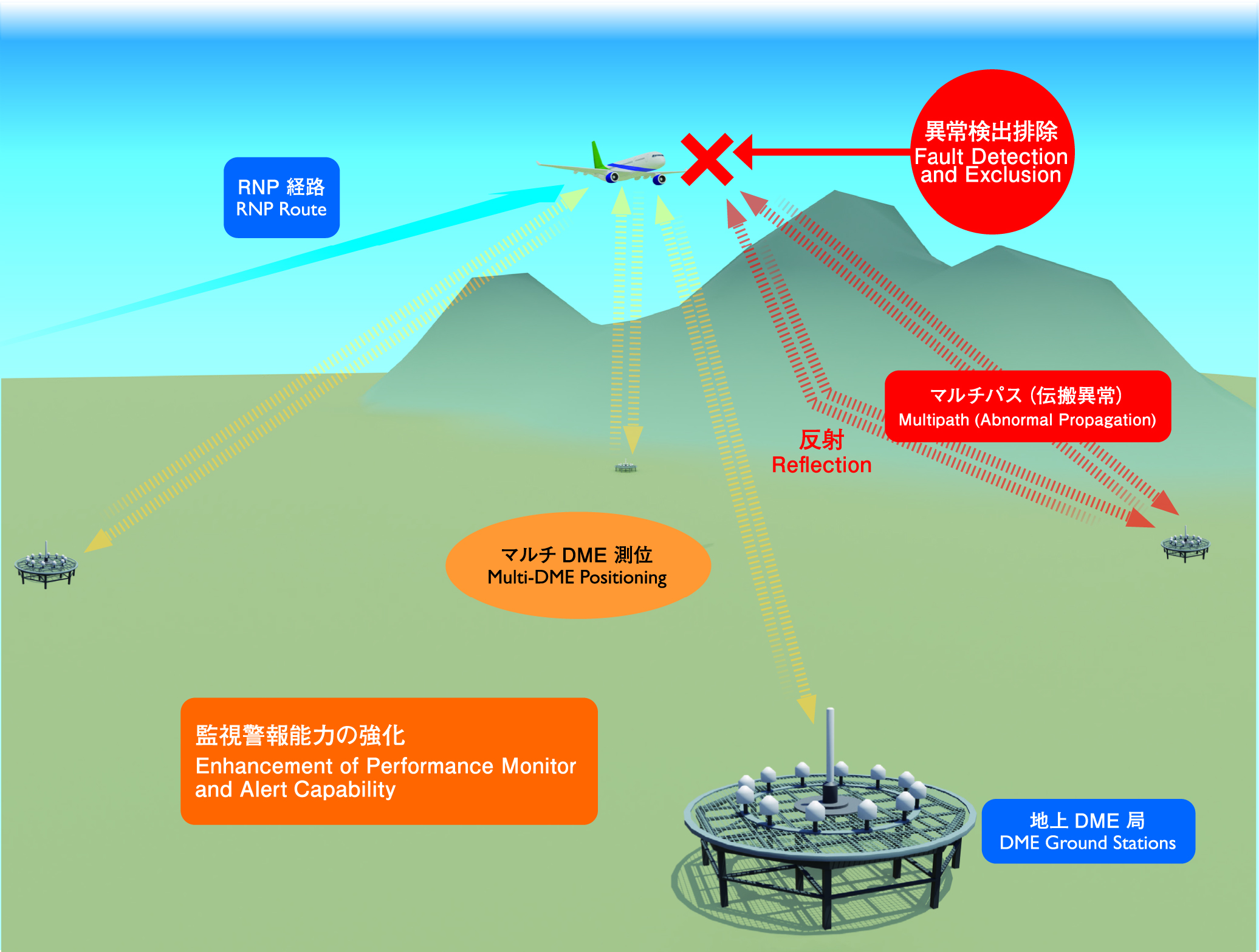Study on Construction and Evaluation of SWIM Information Service for Collaborative Decision-Making
In Europe and the United States, the development of SWIM has helped promote interoperability and harmonization of systems by sharing full operational information among related systems and stakeholders. In addition, to achieve collaborative decision-making and trajectory-based operations, the ICAO has promoted FF-ICE and air–ground integrated SWIM for information sharing during both the pre-and post-departure phases. Accordingly, meeting the needs of these applications will require not only sharing of various types of information based on standard information exchange models but also ensuring the quality of information provided by advanced SWIM information services.
In this research, to achieve global collaborative decision-making, a wide SWIM service construction technology capable of adapting to different operation levels and assurance technology to ensure operational safety will be proposed. An international joint evaluation using practical services will also be conducted.
